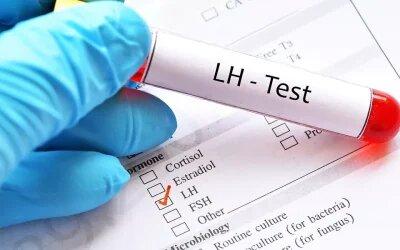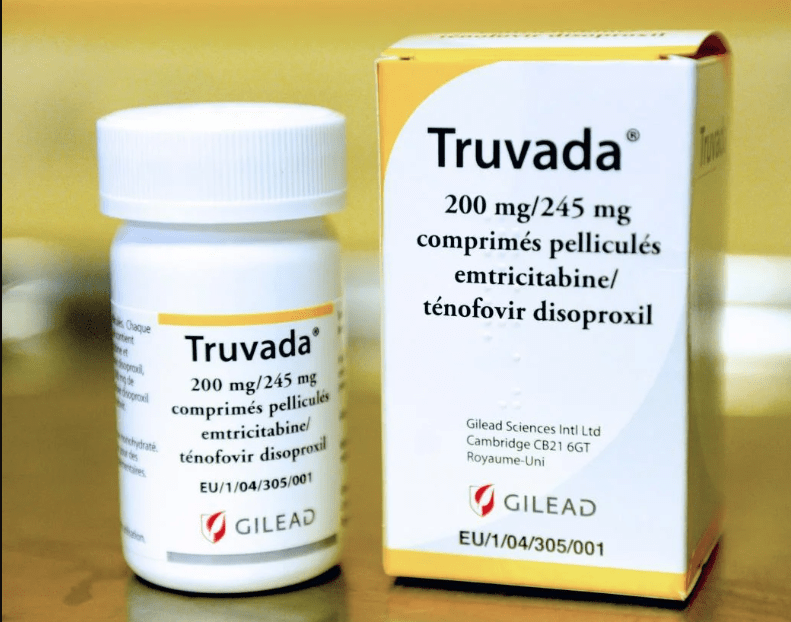Luteinizing Hormone (LH) is a crucial hormone that plays a vital role in the regulation of the menstrual cycle and fertility in women. Understanding LH levels is essential for monitoring ovulation, diagnosing hormonal imbalances, and managing various reproductive health conditions. In this article, we will explore the significance of LH and its levels in the body.
What is Luteinizing Hormone (LH)
LH is a glycoprotein hormone produced by the pituitary gland, a small endocrine gland located at the base of the brain. It is one of the key hormones involved in the regulation of the menstrual cycle and the production of sex hormones, such as estrogen and progesterone, in women.
LH Levels and the Menstrual Cycle
During the menstrual cycle, LH levels fluctuate in a predictable pattern. At the beginning of the cycle, LH levels are low, but they begin to rise gradually as the follicular phase progresses. Just before ovulation, there is a sharp increase in LH levels, known as the LH surge. This surge triggers the release of the mature egg from the ovary, marking the start of the luteal phase.
LH Test
An LH test is a simple blood or urine test that measures the levels of this hormone in the body. It is commonly used to detect the LH surge and predict ovulation, which is crucial for couples trying to conceive. LH tests can also be used to diagnose hormonal imbalances, such as polycystic ovary syndrome (PCOS), and to monitor the effectiveness of fertility treatments.
Interpreting LH Test Results
Normal LH levels vary throughout the menstrual cycle, with the highest levels occurring during the LH surge. Low LH levels may indicate a pituitary gland disorder, while high LH levels can be a sign of PCOS or other hormonal imbalances. It is important to interpret LH test results in the context of the individual’s overall health and reproductive history.
LH Test in Pakistan
LH testing is widely available in Pakistan, with many hospitals and diagnostic centers offering this service. The cost of LH testing can vary depending on the location and the laboratory performing the analysis. It is recommended to consult with a healthcare professional, such as an endocrinologist or a gynecologist, to interpret the LH test results and develop a personalized treatment plan if necessary.
Conclusion
Luteinizing Hormone (LH) is a crucial hormone that plays a vital role in the regulation of the menstrual cycle and fertility in women. By understanding LH levels and their significance, women can take proactive steps in managing their reproductive health and making informed decisions about their fertility journey.






